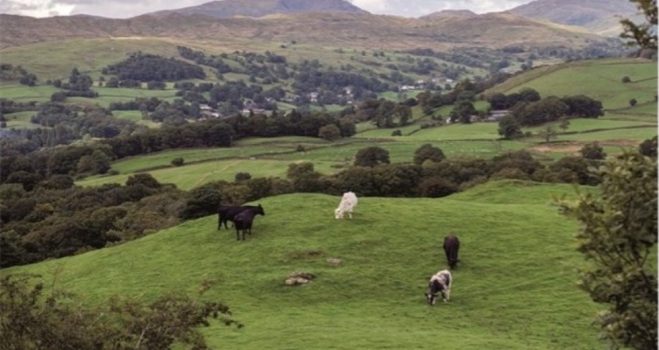A theological consultation on Land as Commons, not commodity was held at St. Paul’s University, Limuru between the 28th and the 30th of August 2024. The consultation brought together nearly sixty participants that included theologians, faith actors, researches, activists and the participants of the GEM school. The consultation was a part of the NIFEA (New International Financial and Economic Architecture) process.
The consultation was intended to reflect on what our faith teaches us about land and the common good and the relationship between land, labour, capital and technology. The consultation exposed and critiqued the present economic system that reduced land to mere commodities and did not either look at the intrinsic value and dignity of land as well as the value of land for the common good of the entire planet and all that it holds.
Speaking to the consultation, Former General Secretary of the World Council of Churches General Secretary said, “People belong to the land and therefore land helps construct social identity and provides dignity. Mother earth should not be reduced to mere commodity…Land is also the basis of group consciousness…As illustrated in the biblical texts, an appreciation of place identity, place dependency and place attachment should underpin the land debate, especially where the church is involved… let’s go to the world and be the prophets who advocate the concept of land as Commons, not commodity”
Philip Vinod Peacock, Executive Secretary of Justice and Witness, said that “Land is integral to all of life, all of creation needs space to flourish and be creative. When land is commodified access to it become available only to those who can pay for it.”
At the consultation participants discerned, “Under the influence of globalised capitalism, land has increasingly been taken away from common ownership and privatised for profit. lt has become an abstract asset for speculative investment. In the name of a “green economy” and fuelled by the development of agrofuel crops, carbon off-setting schemes, and demand for rare minerals needed for low-carbon energy generation technologies, land grabbing has intensified and dispossessed communities and even future generations; fomented hunger, violence and human rights violations; and produced “sacrifice zones” of environmental destruction, deepening climate injustice.”
The consultation committed to “repent from our anthropocentric theologies and ideologies that see land as utilitarian and serving human interests rather than having inherent rights and dignity…to listen to the land…to document cases of land grabbing, to being present for communities that have been affected, and to share their stories of resistance”
The statement from the consultation can be found here.
Photo: Fotolia 800


